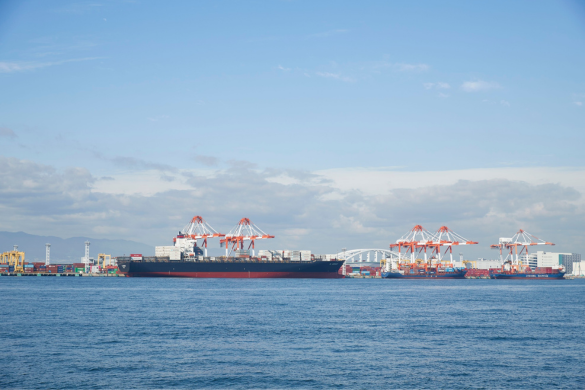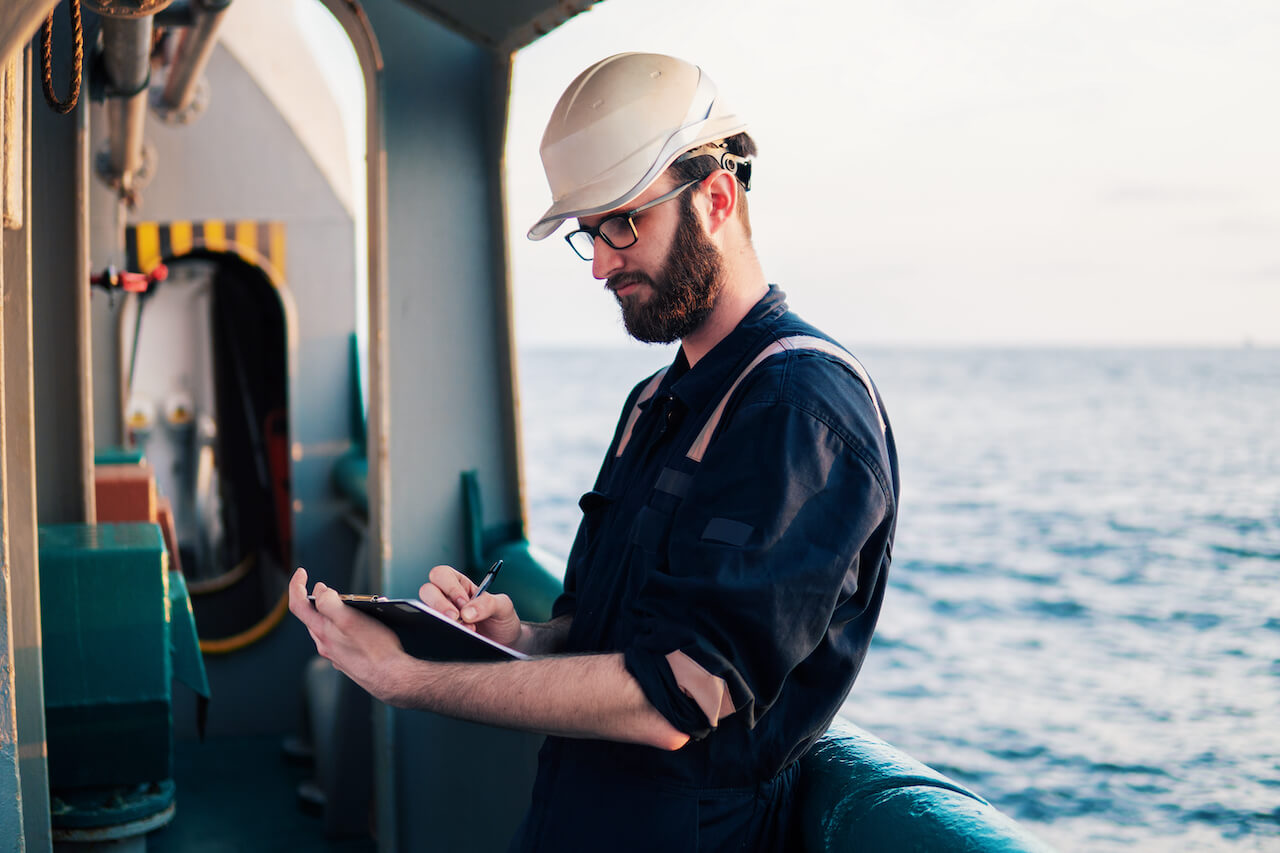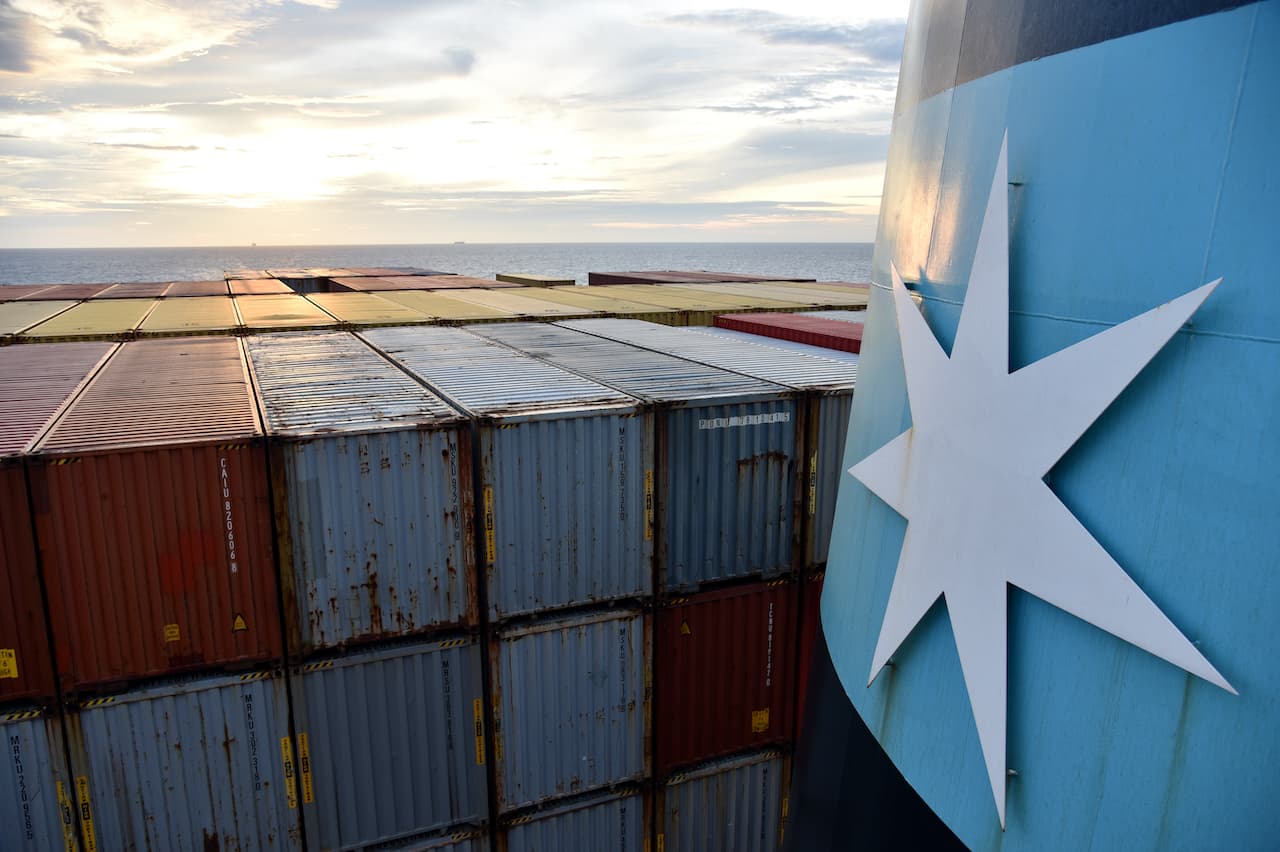A tragic crane collapse in Everett, Massachusetts, on Friday afternoon claimed the lives of two workers near the Mystic River. The incident occurred at a construction site along Rover Street, where crews were redeveloping an old industrial property by the waterfront. Emergency responders from Everett Police and Fire arrived quickly, but despite their efforts, both workers lost their lives.
Officials have confirmed that an investigation is underway to determine the cause of the accident. While the details remain under review, this devastating event serves as a sobering reminder of the risks that maritime and waterfront workers face every day.
The Ongoing Risks of Working on or Near the Water
From shipyards and docks to working on a vessel, maritime and waterfront jobs involve demanding labor, heavy machinery, and constantly changing conditions. When safety procedures are not followed, or when equipment fails, workers’ lives can be put in jeopardy.
Crane collapses, falls, equipment malfunctions, and unsafe jobsite conditions continue to be leading causes of serious maritime and dockside injuries nationwide. Each tragedy highlights the urgent need for strict safety oversight, proper training, and accountability from employers and contractors.
Workers’ Rights and Legal Protections Under Maritime Law
Every person who works on or around the water deserves a safe workplace — and legal protection when something goes wrong. Federal maritime laws, including the Jones Act, provide critical rights to seamen, harbor workers, and others injured while performing their duties.
When negligence, equipment failure, or unsafe conditions cause harm, these laws allow injured workers and their families to pursue compensation for lost wages, medical expenses, and wrongful death. Ensuring these rights are upheld is essential to keeping maritime industries both strong and fair.
A Call for Safety and Accountability After the Everett Crane Collapse
As investigators continue to examine what caused the Everett crane collapse, our thoughts remain with the families, friends, and coworkers of the two men who lost their lives. This tragedy is a stark reminder that safety can never be taken for granted — not in shipyards, on construction sites, or anywhere workers rely on heavy equipment.
Strong safety standards, consistent training, and vigilant oversight save lives. Every employer, contractor, and equipment operator has a responsibility to protect the people who make maritime and industrial progress possible.




